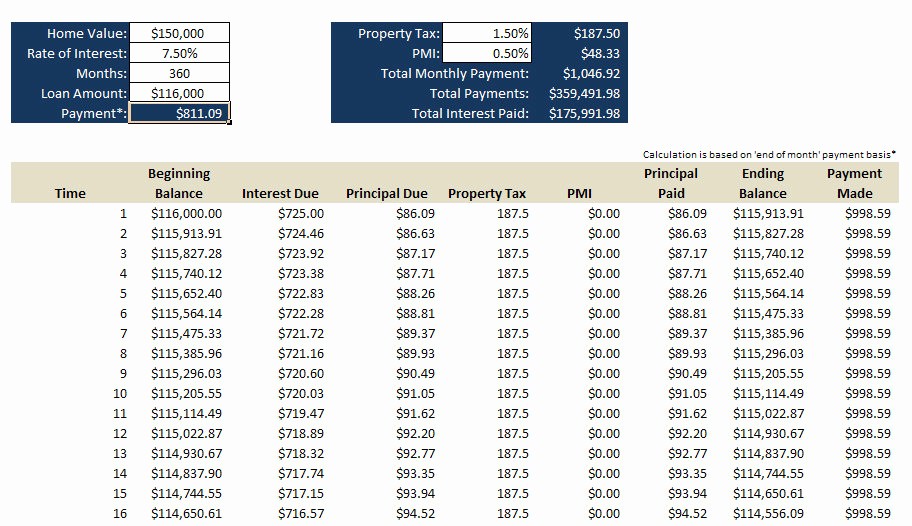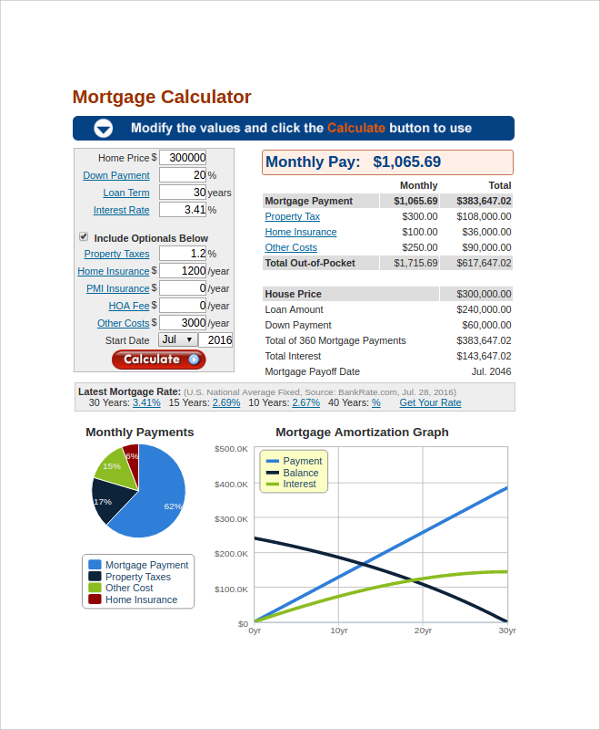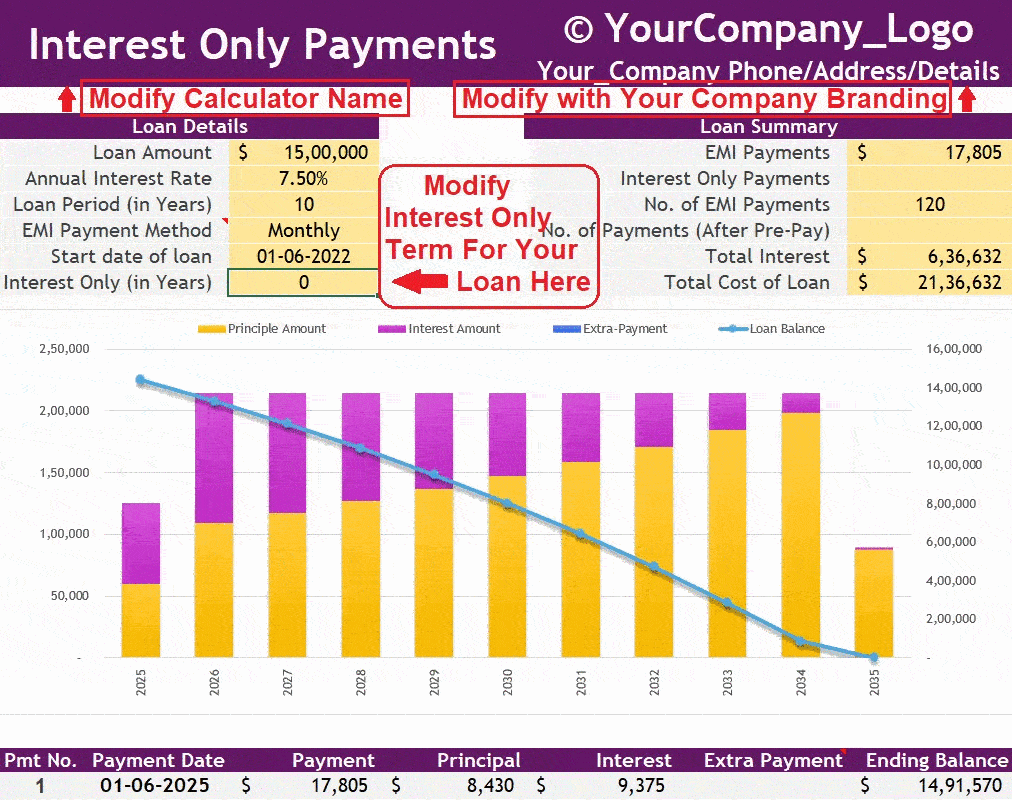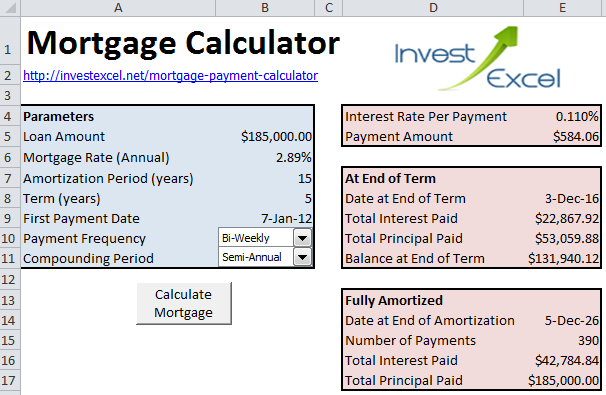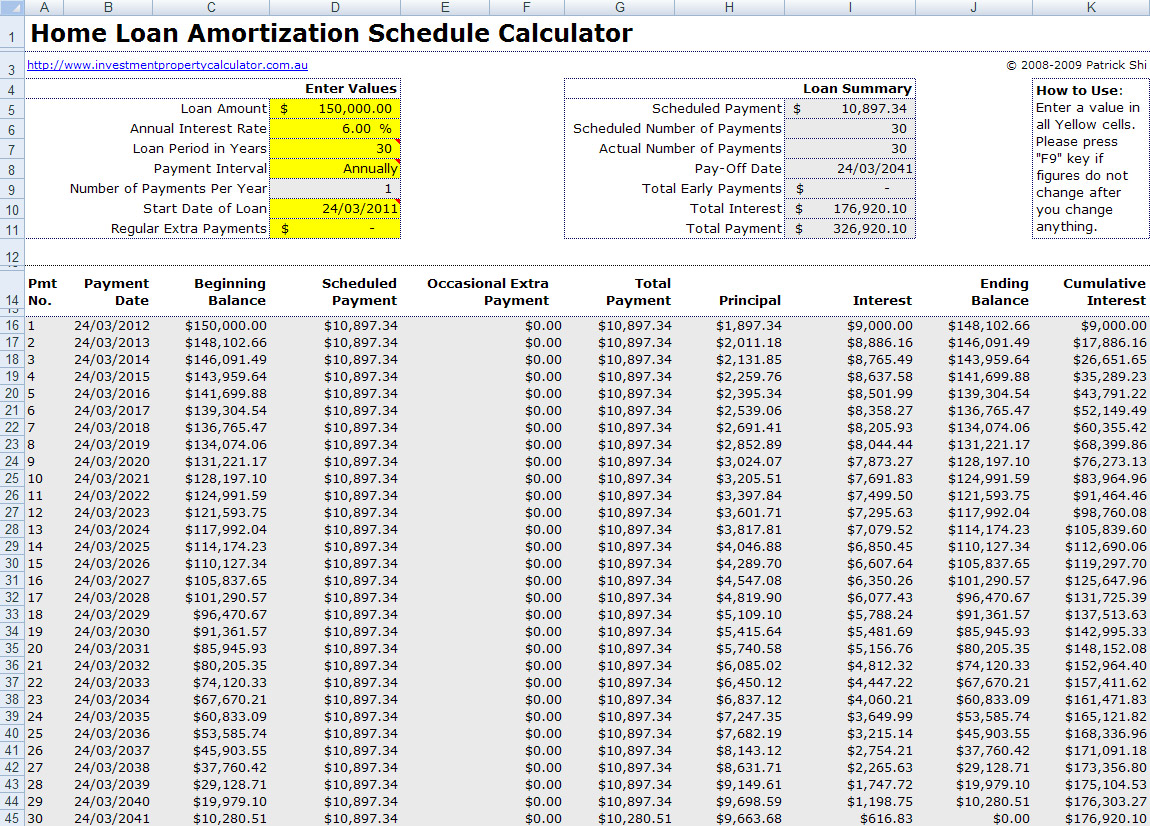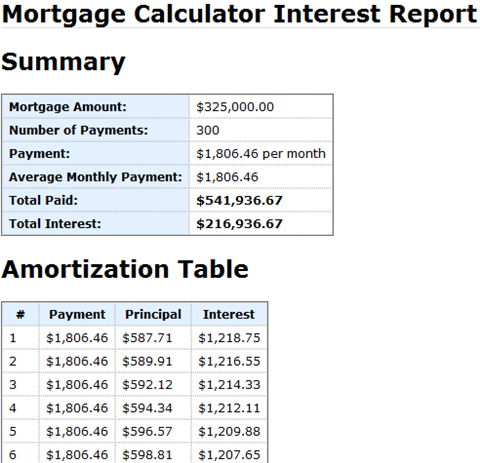Can You Use a Calculator on the MCAT?
Are you preparing for the Medical College Admission Test (MCAT)? If so, you might be wondering, “Can you use a calculator on the MCAT?” It’s a common question among aspiring medical students, and the answer isn’t as straightforward as you might think. Let’s delve into this topic and clear up any confusion.
Table of Contents
| Sr# | Headings |
|---|
| 1 | Introduction |
| 2 | The Importance of the MCAT |
| 3 | Calculator Policy on the MCAT |
| 4 | Why No Calculator? |
| 5 | Math on the MCAT |
| 6 | Strategies for Math Questions |
| 7 | Focus on Conceptual Understanding |
| 8 | Time Management |
| 9 | Practice, Practice, Practice |
| 10 | Calculator Use in MCAT Preparation |
| 11 | Conclusion |
| 12 | FAQs |
1. Introduction
The MCAT is a critical step on the journey to medical school. It assesses your knowledge in various scientific disciplines, critical thinking, and problem-solving abilities. But when it comes to calculations, can you rely on a calculator?
2. The Importance of the MCAT
Before we tackle the calculator question, let’s understand why the MCAT matters. Your MCAT score plays a significant role in the medical school admissions process. It’s one of the factors admissions committees consider when evaluating applicants. A high score can enhance your chances of getting into your dream medical school.
3. Calculator Policy on the MCAT
Here’s the deal: the MCAT does not permit the use of calculators. That’s right; you won’t have the luxury of punching numbers into a calculator during the exam. Instead, you’ll need to rely on your mental math skills and problem-solving strategies.
4. Why No Calculator?
You might be wondering, why the restriction on calculators? The MCAT is designed to assess not just your ability to perform calculations, but also your critical thinking and problem-solving skills under pressure. By prohibiting calculators, the exam ensures a level playing field for all test-takers.
5. Math on the MCAT
While the MCAT includes math-related questions, they’re not overly complex. You’ll encounter basic arithmetic, algebra, and sometimes even a bit of trigonometry. The emphasis is on applying fundamental mathematical concepts rather than intricate calculations.
6. Strategies for Math Questions
Without a calculator, tackling math questions on the MCAT requires a strategic approach. Break down the problem into manageable steps, eliminate answer choices that are clearly incorrect, and use estimation to guide your reasoning.
7. Focus on Conceptual Understanding
Instead of memorizing formulas, focus on understanding the underlying concepts. This approach not only helps you tackle math questions more effectively but also enhances your overall comprehension of scientific principles tested on the MCAT.
8. Time Management
With a limited time for each section of the MCAT, time management is crucial. Practice pacing yourself during your preparation to ensure you can complete each section within the allocated time frame.
9. Practice, Practice, Practice
The key to success on the MCAT, especially when it comes to math questions, is practice. Familiarize yourself with the types of questions you’ll encounter, hone your problem-solving skills, and build confidence through consistent practice.
10. Calculator Use in MCAT Preparation
While you can’t use a calculator during the actual MCAT exam, you’re free to use one during your preparation. However, don’t become overly reliant on it. Focus on strengthening your mental math skills and problem-solving strategies, as these will serve you well on exam day.
11. Conclusion
In conclusion, while you can’t use a calculator on the MCAT, don’t let that deter you from achieving your best score. With strategic preparation, a solid understanding of fundamental concepts, and plenty of practice, you can conquer the math-related questions and excel on the exam.
12. FAQs
Can I bring a calculator to the MCAT?
No, calculators are not allowed during the MCAT exam.
Will I be at a disadvantage without a calculator?
Not necessarily. The MCAT is designed to assess your problem-solving abilities without the aid of a calculator.
How should I prepare for math questions on the MCAT?
Focus on understanding concepts, practice mental math, and develop problem-solving strategies.
Can I use scratch paper for calculations?
Yes, scratch paper is provided during the exam for calculations.
Are there many math questions on the MCAT?
While math questions are included, they are not the primary focus of the exam.
Got more questions? Feel free to ask!
